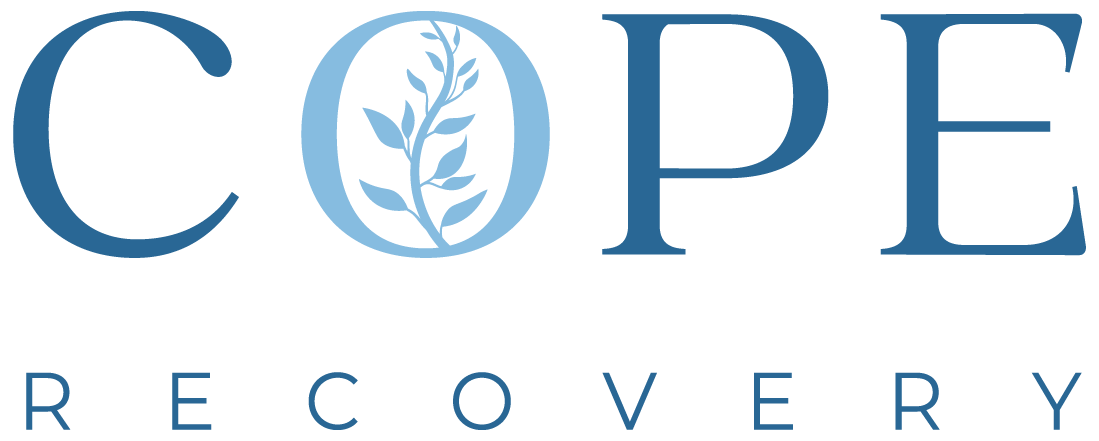What Is DBT for Addiction, and How Does It Support Recovery?

Breaking free from addiction requires structured support, compassionate care, and therapeutic methods that address the psychological roots of substance use. Effective, evidence-based treatment is essential for lasting recovery. Among the many therapeutic approaches available, DBT for addiction has emerged as a powerful tool for treating addiction.
This article explores DBT for addiction. We’ll look at what it is, how it works, and why it is increasingly used in recovery programs. Whether you are seeking help for yourself or supporting someone on their journey, understanding DBT may offer valuable insight.
What Is Dialectical Behavior Therapy?
Dialectical Behavior Therapy (DBT) is a structured, skills-based psychotherapy developed in the late 1980s by psychologist Marsha Linehan.
Initially created to treat individuals with borderline personality disorder, DBT helps those who struggle with chronic suicidality, self-harm, and emotional instability. When traditional CBT proved limited, Linehan introduced mindfulness and acceptance strategies to create a more adaptable and balanced therapeutic method.
At its core, DBT teaches people to regulate emotions, tolerate distress, improve relationships, and increase mindfulness. It operates on the principle of dialectics, which is the idea that two opposing truths can exist at the same time. For example, someone can accept themselves while also striving for change.
Over time, DBT was adapted to treat conditions like depression, PTSD, eating disorders, and addiction. Its emphasis on emotional resilience and behavioral change makes it especially effective for substance use disorders.
Key Components of DBT
The Four DBT Techniques in Focus
DBT revolves around four key skills. These are practical tools that can be applied directly in addiction recovery. Together, these four skills form the foundation of DBT for addiction. They help clients respond with intention rather than react out of habit. In treatment, these skills are reinforced through individual therapy, group sessions, and daily practice.
Mindfulness
Mindfulness is the foundation of DBT. It helps individuals become aware of their thoughts, emotions, and bodily sensations without judgment. In recovery, this awareness creates space between the urge to use and the action of using. Over time, mindfulness strengthens self-control and reduces impulsive behavior.
Distress Tolerance
Distress tolerance enables individuals to navigate emotional pain without exacerbating the situation. In early recovery, when cravings and guilt feel overwhelming, these skills become critical. Strategies like self-soothing, grounding, or calling a support person can make intense emotions more bearable.
Emotion Regulation
Emotion regulation teaches clients how to understand, label, and influence their emotions. Instead of numbing sadness or anger with substances, individuals learn to use healthy coping strategies. Over time, they become less reactive and more resilient.
Interpersonal Effectiveness
This skill set focuses on improving relationships and setting boundaries. Since addiction often damages personal connections, learning how to communicate effectively and assert needs without conflict is essential. Healthy relationships reduce isolation and support long-term recovery.
Can DBT Be Used for Addiction?
Yes, DBT can be used for addiction, and its use is steadily increasing. As addiction treatment centers recognize the role of emotional dysregulation in substance use, DBT has become a go-to therapy. It equips clients with tools to manage urges, triggers, and impulsive behavior.
Research backs its effectiveness. Studies show that DBT reduces relapse rates, improves emotional stability, and increases treatment retention. Studies have found that DBT, when used alongside standard addiction treatment, significantly lowered cravings and substance use.
Unlike traditional talk therapy, DBT for addiction is skill-based and action-oriented. Clients track their progress with tools like diary cards and receive structured feedback. This real-world focus helps translate therapy into everyday change.
How DBT for Addiction Supports Long-Term Recovery
Targeting Cravings, Triggers, and Relapse
DBT teaches people to experience cravings without acting on them. Skills like urge surfing and radical acceptance help clients acknowledge their urges, ride them out, and choose a different path. Distress tolerance tools are essential in high-risk moments, helping individuals stay grounded instead of giving in.
By decoupling emotional discomfort from substance use, DBT reinforces self-control and strengthens relapse prevention. Clients learn that they can tolerate pain without returning to old patterns.
Promoting Accountability and Emotional Growth
DBT encourages consistent self-monitoring. Clients track their emotions, behaviors, and skill use through diary cards. These are reviewed in therapy sessions, offering insight into progress and areas for improvement.
In skills groups, clients learn coping strategies and practice them in a supportive setting. These sessions promote mastery and emotional regulation. Most importantly, DBT emphasizes building a “life worth living”, which is a forward-focused approach that replaces survival with fulfillment.
Integration With Other Therapies and Treatment Models
DBT for addiction works well alongside other treatment approaches. It complements medical detox, trauma therapy, and peer-based approaches like the 12 steps. This makes it a flexible, integrative component of a larger recovery plan.
During detox, DBT provides immediate emotional tools when the body is withdrawing from substances. In trauma therapy, DBT helps clients remain emotionally stable so they can process deeper wounds. In 12-step programs, DBT supports the emotional and behavioral work needed to stay sober.
Who Benefits Most From DBT for Addiction?
DBT for addiction is especially effective for those with co-occurring disorders, such as depression, PTSD, or borderline personality disorder. It is also ideal for individuals with a history of self-harm, trauma, or emotional reactivity.
Many clients who have not succeeded with traditional therapy find DBT to be the breakthrough they need. Its practical, skills-based approach offers tools they can use immediately, creating momentum and hope.
DBT for Addiction vs. CBT: Which Is More Effective?
CBT and DBT are both structured, evidence-based therapies used in addiction recovery. They share a focus on behavior change and skill development. However, their methods and emphasis differ.
CBT targets thoughts. It helps clients recognize and reframe harmful beliefs that contribute to substance use. DBT, in contrast, focuses on emotions. It acknowledges that for many, intense feelings come first, and thoughts follow. In these cases, learning to regulate emotions is key.
DBT for addiction is especially helpful for individuals who experience impulsivity, emotional swings, or trauma. CBT may be more effective for those who benefit from logical analysis and cognitive restructuring. In some cases, combining both therapies may yield the best results.
Why Choose Cope Recovery for DBT for Addiction
DBT for addiction is a powerful, evidence-based therapy that offers more than temporary relief. It teaches people how to manage emotions, reduce impulsivity, and build healthier relationships. With a focus on mindfulness, distress tolerance, emotion regulation, and interpersonal skills, DBT lays the groundwork for lasting change.
At Cope Recovery, we understand that healing from addiction requires more than willpower. It requires a personalized, supportive environment and a team that knows how to guide you through complex emotional terrain. Our residential program in Encino integrates DBT for addiction into a comprehensive treatment model that addresses substance use and co-occurring mental health disorders with compassion and expertise.
If you or a loved one is seeking a structured, evidence-based path toward lasting change, we are here to help. Reach out to Cope Recovery today to learn how our DBT-informed care can support your journey toward stability, growth, and a life worth living.
